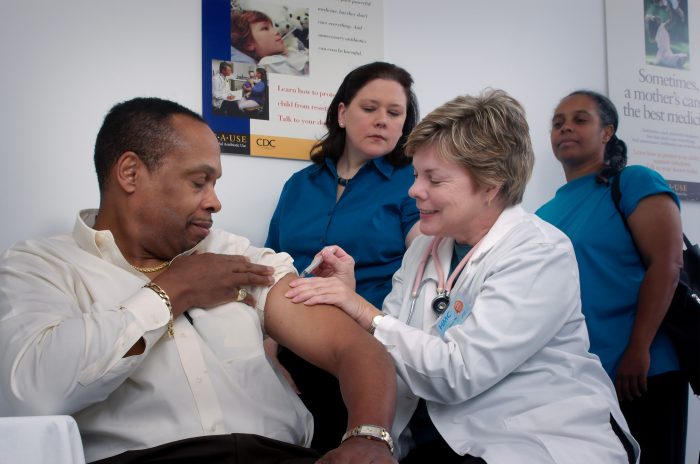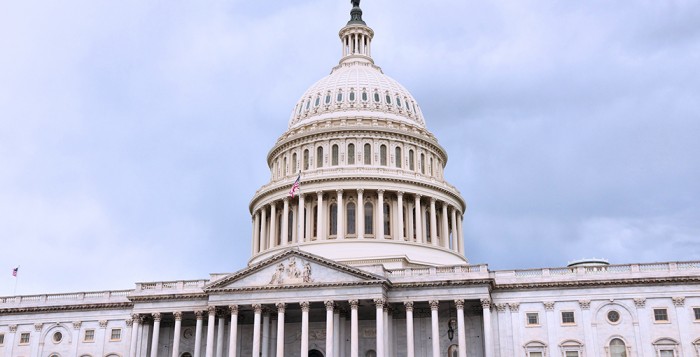November 1 MLTSS Subcommittee Agenda & Registration Released
The Office of Long-Term Living (OLTL) has released the agenda and details to register for the November 1, 2023, Managed Long-Term Services and Supports (MLTSS) Subcommittee meeting. The mission of the MLTSS Subcommittee is to be a resource to the Medical Assistance Advisory Committee (MAAC), enabling the Committee to advise the Department of Human Services (DHS) and OLTL on issues regarding access to services and quality of service.
The meeting will be held in person at the PA Department of Education Honors Suite, 1st floor, 333 Market Street, Harrisburg, PA 17126 and also via webcast. The call information is below:
Conference line 1-914-614-3221 PIN: 807353414#
Webinar Link
Comments and questions may be submitted via email.
2023 Alzheimer’s Disease and Related Disorders Virtual Forum Nov 2
Report Predicts PA’s Rural Communities Will Lose Population and Age in Coming Decades, Unless Something is Done

Scam Alert: Pa. Medicaid Recipients Warned to Watch Out for Predatory Text Messages
October MLTSS Subcommittee Meeting Documents & November Meeting Details
The meeting documents from the October 4, 2023, Managed Long-Term Services and Supports (MLTSS) Subcommittee meeting are now available. The documents include the agenda, transcript, and PowerPoint presentations and can be viewed below:
- AmeriHealth Caritas PowerPoint
- CMS Managed Care Quality Strategy Document
- Controlled Substance Ordering Thresholds Listening Session
- Follow-Up Items
- MLTSS Subcommittee Meeting Agenda
- MLTSS Subcommittee Meeting Transcript
- OLTL PowerPoint
- PA Health & Wellness PowerPoint
- UPMC Health Plan PowerPoint
- Workforce Plan Listening Sessions Flyer
The next MLTSS Subcommittee meeting is scheduled for November 1, 2023, from 10:00 am – 1:00 pm in the PA Department of Education’s Honors Suite at 333 Market St. in Harrisburg, PA. The option to participate via webinar is also an option. To participate in the meeting via webinar, please visit this webinar registration link. After registering, you will receive a confirmation email containing information about joining the webinar. To participate via telephone, the dial-in number is (914) 614-3221, with Access Code: 807353414#.
Department of Health Releases Updated Influenza Resources
The Pennsylvania Department of Health (DOH) has released updated influenza resources.
As a reminder, the Influenza Awareness Act of 2016 requires that Long-Term Care Facilities, including Personal Care Homes and Assisted Living Residences, post DOH’s Influenza poster. You will find the updated poster for the 2023-2024 season here, as well as an updated Influenza toolkit. This information is also available under the “provider resources’ section of PCH/ALR Home web page.
Additional information can be located by visiting DOH’s Influenza Resources for Long-Term Care Facilities website.
Inside Aging October 2023 Newsletter Now Available
Senator Casey to Introduce HCBS Funding Bill
Pennsylvania Senator Bob Casey, the Chairman of the Special Committee on Aging, will be introducing new legislation on the floor of Senate titled “The Home and Community-Based Services (HCBS) Relief Act of 2023.”
The HCBS Relief Act of 2023 would provide dedicated Medicaid funds to states for two years to stabilize their HCBS service delivery networks, recruit and retain HCBS direct care workers, and meet the long-term service and support needs of people eligible for Medicaid home and community-based services. States would receive a 10-point increase in the federal match (FMAP) for Medicaid for two fiscal years to enhance HCBS. Funds could be used to increase direct care worker pay, provide benefits such as paid family leave or sick leave, and pay for transportation expenses to and from the homes of those being served. The additional funds also can be used to support family caregivers, pay for recruitment and training of additional direct care workers, and pay for technology to facilitate services. The funds can help decrease or eliminate the waiting lists for HCBS in the states.
The HCBS Relief Act of 2023 will be introduced during the fourth week of October with a House companion bill expected to be released in the near future. Please join RCPA in supporting this critical piece of legislation to create a viable and sustainable pathway for HCBS.
If you have any questions, please contact your respective RCPA Policy Director.

















